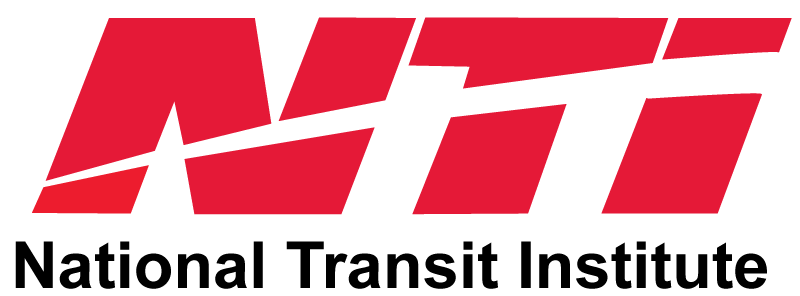No Deliveries Currently
Please keep checking back.
Description:
Transportation and Land Use is a three-day course that is designed to help practitioners develop a multimodal transportation system that supports desired land uses and help shape land uses to support the transportation system. The course will assist participants in understanding the relationships between transportation and land use; the processes through which transportation and land use issues can be jointly addressed; and implementation steps to ensure that transportation and land use systems are designed in a compatible, mutually supportive manner. The course is targeted towards a diversity of participants, including planning and engineering staff at state, regional, local, and federal transportation agencies; local planning staff and officials; staff of other resource agencies; consultants for these agencies; and other stakeholders such as developers, citizen activists, and business leaders.
Audience:
The primary audience includes: transit operators, MPO staff, Federal employees (FTA, FHWA, EPA), state DOT planners and transportation specialists, city and county engineers and planners, resource agency staff and consultants. Secondary audience includes: elected officials, regulatory agency staff, local zoning officials, site designers, citizen activists, developers, media representatives, and business leaders.
Objectives:
- Explain how transportation decisions affect land use, growth patterns, and related community impacts on both regional and local scales.
- Explain how land use patterns affect peoples travel patterns and the overall performance of the transportation system.
- Describe the various transportation planning processes (including statewide planning, metropolitan planning, corridor planning/alternatives analysis, the NEPA process, subarea planning, and project development) and how land use considerations can be integrated into these processes.
- Describe local comprehensive planning and land use regulatory activities, and how the process and outcomes of these activities can support local and regional transportation objectives.
- Identify the full range of stakeholders (including public agencies, private and non-profit organizations, and the general public) that should be involved in transportation and land use planning and decision making, and describe methods for involving these stakeholders.
- Describe methods that are available for implementing coordinated transportation and land use strategies.
- Identify analytical tools that are available for measuring and forecasting the impacts of transportation and land use decisions.
Length: 3 days
Fee:
- $650.00 for Contractor, Consulting, Non-USA Transportation or Government Agency, Other, Non-Profit (USA only).
- Free for all others.
CEUs: 2.10
Contact:
Andrea Dixon
andrelam@nti.rutgers.edu
